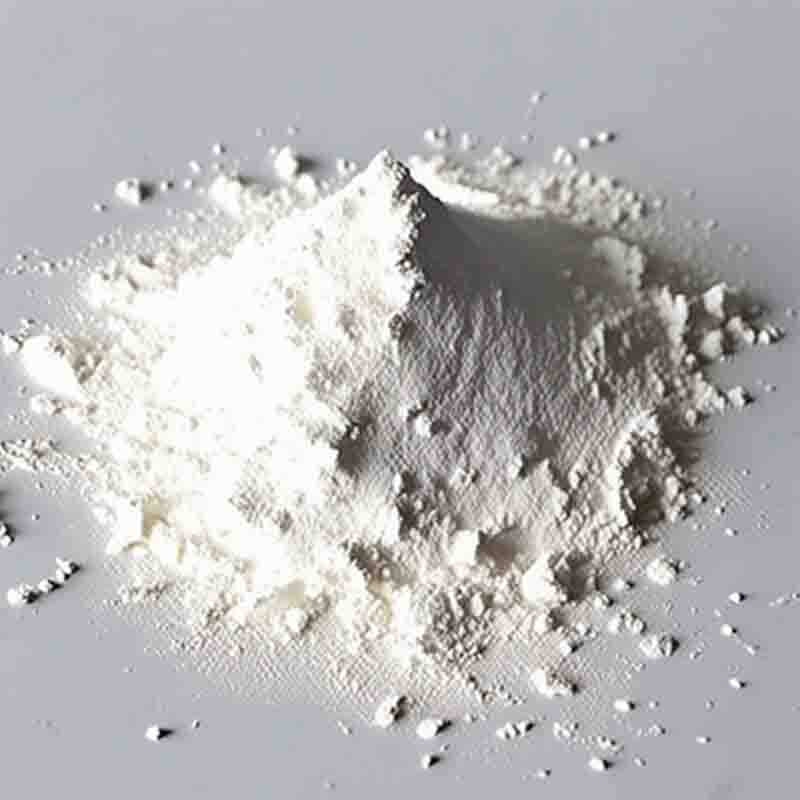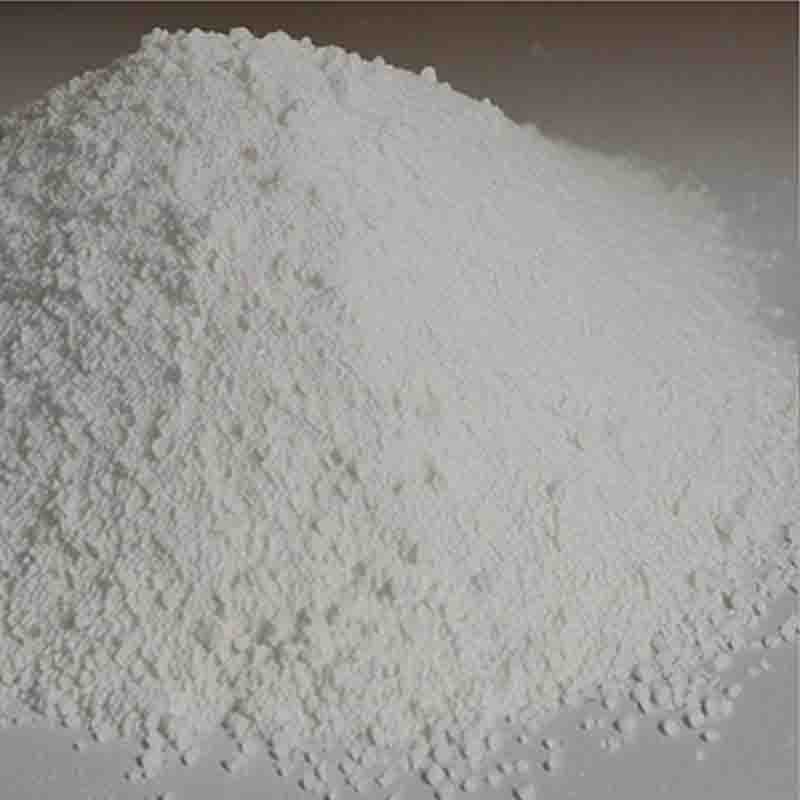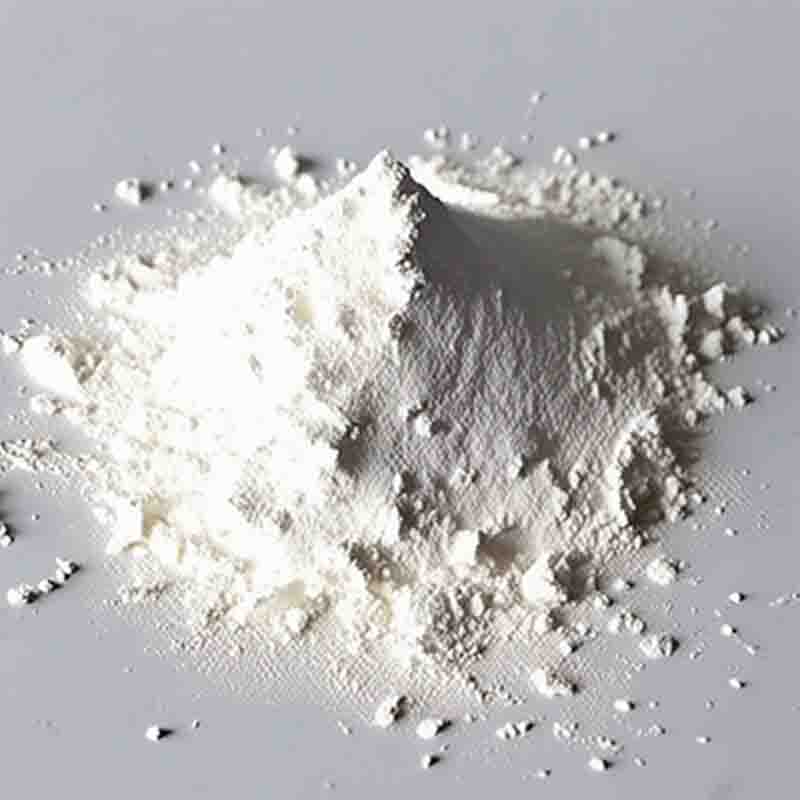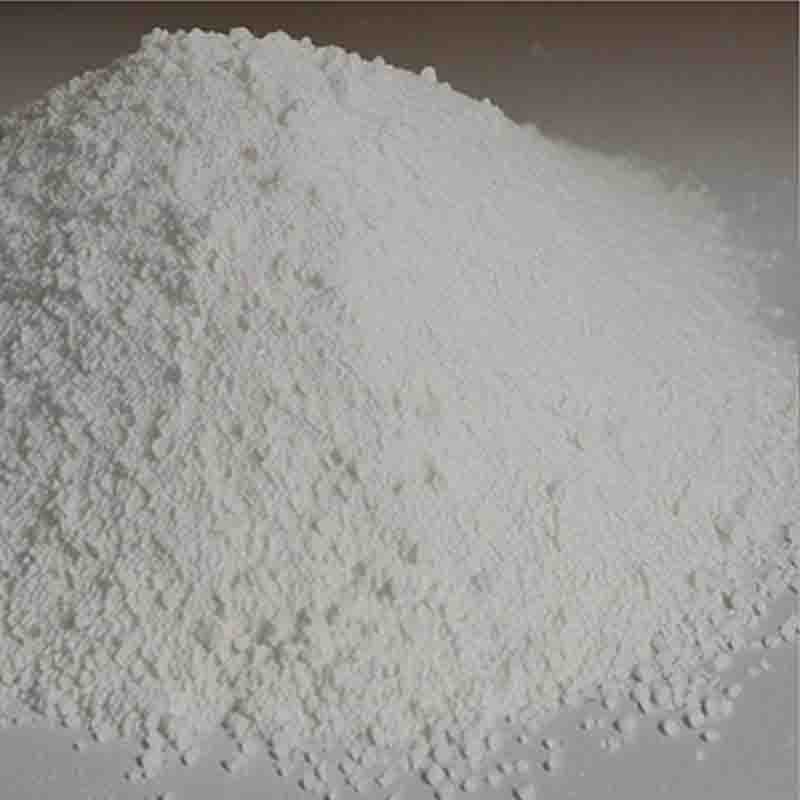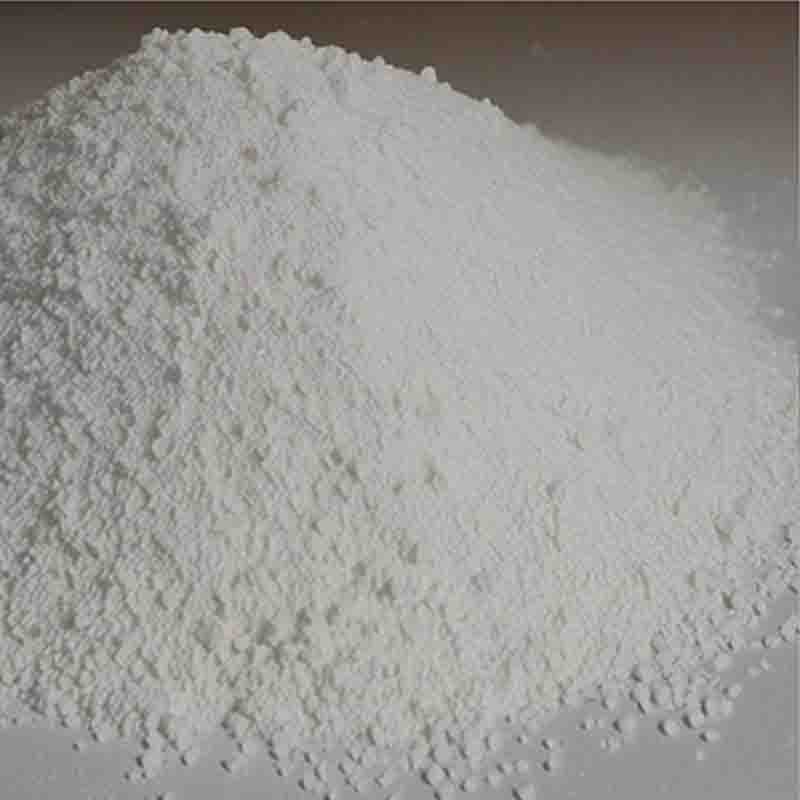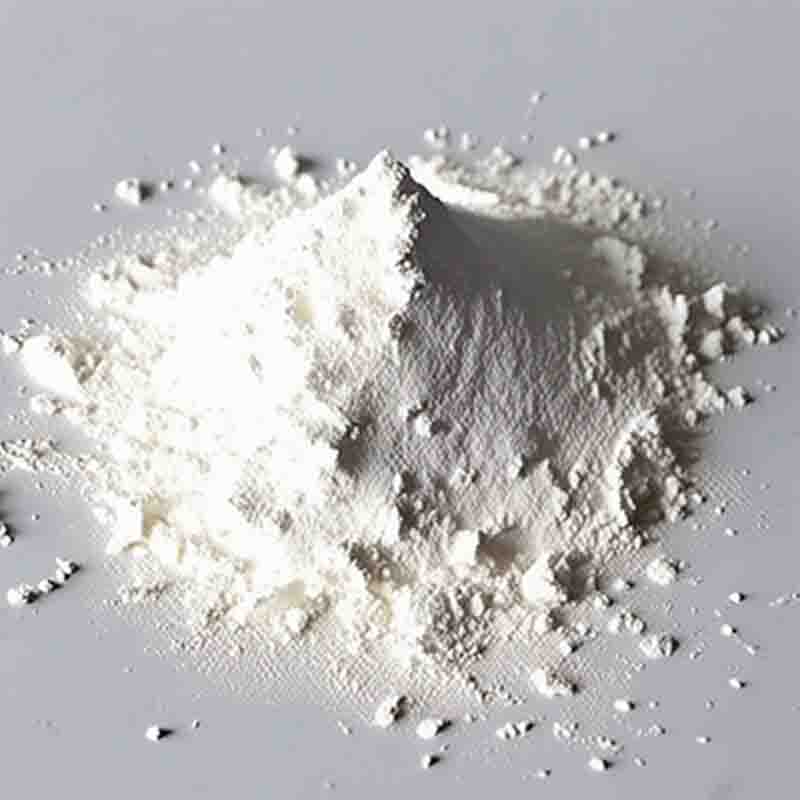R-(+)-9-(2-Hydroxypropyl)adenine CAS:19916-73-5
| Catalog Number | XD95603 |
| Product Name | R-(+)-9-(2-Hydroxypropyl)adenine |
| CAS | 14047-28-0 |
| Molecular Formula | C8H11N5O |
| Molecular Weight | 193.21 |
| Storage Details | Ambient |
Product Specification
| Appearance | White powder |
| Assay | 99% min |
R-(+)-9-(2-hydroxypropyl)adenine, also known as Adenosine (R)-(+) Propylene Glycol) Derivative, is a chemical compound with significant effects in the field of pharmaceuticals and biomedical research. It is a modified form of adenosine, a nucleoside that plays important roles in cellular processes such as DNA and RNA synthesis.The primary effect of R-(+)-9-(2-hydroxypropyl)adenine is its potent vasoactive properties. It acts as a vasodilator, meaning it widens the blood vessels and improves blood flow. This effect is particularly important in the treatment of cardiovascular diseases, where restricted blood flow to certain organs or tissues can lead to severe conditions like ischemia or inadequate oxygen supply.In clinical applications, R-(+)-9-(2-hydroxypropyl)adenine is often utilized for the treatment of conditions like myocardial ischemia (a condition caused by reduced blood flow to the heart muscle) and peripheral vascular diseases. By dilating the blood vessels, it helps increase blood supply to affected tissues and organs, relieving symptoms and improving overall function.Additionally, R-(+)-9-(2-hydroxypropyl)adenine has shown potential as an antiplatelet agent. Platelets are small blood cells responsible for blood clotting. In certain conditions like arterial thrombosis, excessive clotting can occur and lead to blockages in blood vessels, potentially causing serious consequences like heart attacks or strokes. R-(+)-9-(2-hydroxypropyl)adenine has been found to inhibit platelet aggregation, preventing excessive clot formation and reducing the risk of such thrombotic events.Furthermore, research suggests that R-(+)-9-(2-hydroxypropyl)adenine may have antioxidative and anti-inflammatory effects. Oxidative stress and inflammation play significant roles in the pathogenesis of various diseases, including cardiovascular disorders, neurodegenerative diseases, and cancer. The compound's ability to reduce oxidative stress and inflammation can potentially contribute to disease prevention and management.In conclusion, R-(+)-9-(2-hydroxypropyl)adenine has significant effects in the fields of cardiovascular medicine and biomedical research. Its vasodilatory properties make it valuable in treating conditions related to inadequate blood flow, while its antiplatelet, antioxidative, and anti-inflammatory effects show promise in preventing and managing various diseases. Further research and clinical trials are needed to fully understand the compound's mechanisms of action and explore its potential applications in different therapeutic areas.


